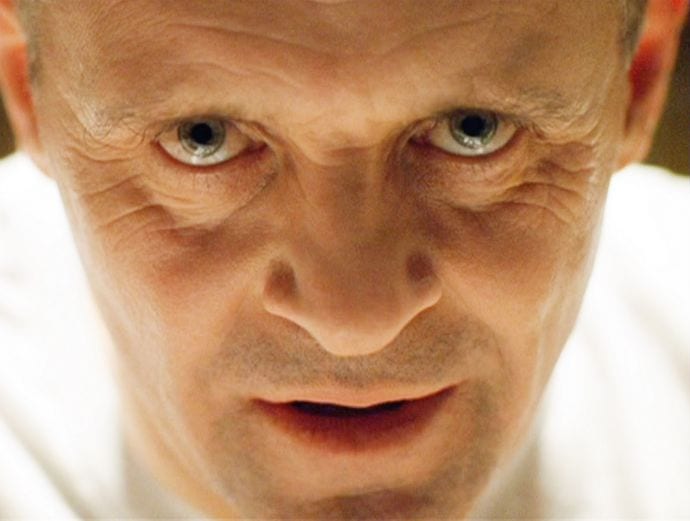
Is there a link between creativity and mental illness?
Let's think about the typical image of the "mad scientist" or the "super villain"; characters with brilliant minds who have always caught the attention of film directors, musicians, writers and other artists who represent, in their works, the union of genius and madness.
Hannibal Lecter in The silence of the lambs or Patrick Bateman in American Psycho's they are examples of fictional serial killers whose minds are sophisticated and cultured. Is it fiction or is it reality? It may not always be true, but according to the FBI's National Violent Crime Analysis Center (NCAVC), the intelligence range of serial killers is «from the border to above-average levels«.
The question of whether creativity and mental illness are related (carried on for centuries) may have found an answer in Karolinska Institute.
[Scroll down to see the VIDEO "Example of creativity"]
Studies carried out in Karolinska on the human brain revealed that dopamine levels in highly creative people were similar to those found in people with bipolar disorder or schizophrenia. Furthermore, patients with schizophrenia and those with high levels of creativity, shared the ability to make unusual associations when receiving information.
According to this study, information that flows in the area of the brain that deals with cognition and reasoning is less filtered into the brains of creative people and those with schizophrenia. Why does this happen? In most humans, incoming information passes through the thalamus until it is filtered by dopamine receptors (called D2). Fewer receivers would mean a greater flow of unfiltered information; which is what happens in both highly creative people and those with schizophrenia. This lower number of receivers would be what allows them to make various connections with the information (which are, many times, considered as strange or unusual).
Another study on creativity and mental disorder that was carried out in 2003 by the University of Toronto, also found results similar to those of the Swedish Institute. Concluded that creative people have lower levels of 'latent inhibition'In other words, the information that reaches their brains has been less filtered and, therefore, considered as “relevant”.
This means more information available compared to normal brains, thus favoring highly creative people are able to perceive connections that most people cannot. They also found that people who showed signs of developing a mental illness shared this condition. In fact, if we examine the lives of many famous artists, we can find evidence that a large number of them suffered from one of the many diseases that are currently considered mental disorders.
[It may interest you: Discover where passion and creativity come from]
These investigations are joined by that carried out by James Fallon, of the University of California-Irvine, when describing the similarities in brain function between highly creative people and people with bipolar disorder. According to Fallon, People with bipolar disorder tend to be creative when they emerge from deep depression: «When the mood of a bipolar patient improves, their brain activity also«Says Fallon. «The activity of the lower part of the frontal lobe decreases and that of the upper part of this lobe increases. Surprisingly, the same thing happens in people's brains when they have bouts of creativity.«Adds Fallon.
The results of this research suggest commonalities between creativity and mental illness, but what comes first?
Does bipolar disorder make it easier to be more creative or does a highly creative person end up developing the disorder due to not filtering all the information they receive? One more question about the complexity of the brain ...
Video «Example of creativity»:
Sources: University of Copenhagen, Psychology Today, Counseling Resource
I don't know whether to believe that all geniuses are crazy. I know very bright people who have very well furnished heads, although we all always have a point of madness.
Hi Janire, the article doesn't say that all geniuses are crazy; talks about the commonalities between creativity and mental illness (among other things, fewer dopamine receptors that make it easier to make more connections with information) These points in common do not guarantee that both conditions are linked. We also speak of very high levels of creativity and, quite often, of people who tend to introspection. I'm sure there are very bright people without mental problems and vice versa. All the best!
Congratulations Nuria, I admire all psychologists like you for doing such a noble and sometimes very hard work. I wanted to ask you a favor, could you tell me the sources that support your article.
Successes